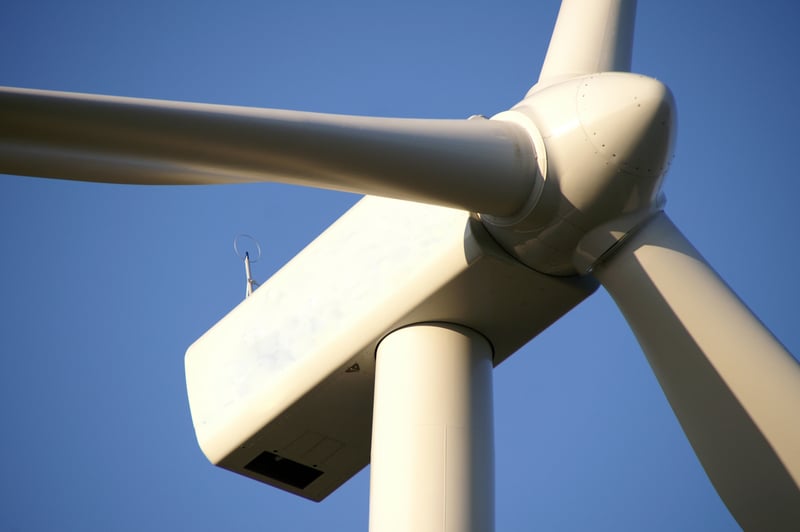New Jersey’s Ambitious Environmental Goals and Growing Opposition
Governor Phil Murphy’s Clean Energy Vision
Governor Phil Murphy of New Jersey has set forth an ambitious goal for the state to become a leader in clean energy, with specific initiatives to ban the sale of gasoline-powered cars by 2035 and significantly expand offshore wind energy production. These efforts are part of a broader strategy to make New Jersey carbon neutral and lead the nation in renewable energy production by 2040. Despite setbacks, such as the withdrawal of Ørsted from two major offshore wind projects, Governor Murphy remains committed to transitioning New Jersey to 100% renewable energy sources by 2035, underscoring the state’s resilience in pursuing clean energy goals.
Opposition and Challenges
The governor’s environmental initiatives have met with significant opposition from various quarters, including residents of shore communities, auto manufacturers, Republicans, and some environmental activists.
Critics argue that the push for offshore wind farms has contributed to whale deaths, although federal regulators have confirmed no established link between wind surveying and whale fatalities. Opposition has also focused on potential negative impacts on tourism and the fishing industry, raising concerns about the economic implications of these green energy projects.
Republican opposition has been particularly vocal, with GOP leaders and candidates arguing that the Democratic support for offshore wind represents a misuse of taxpayer dollars and could harm New Jersey’s economy. They have successfully swayed public opinion to some extent, as evidenced by a decrease in support for offshore wind farms among New Jersey residents. Furthermore, the financial feasibility of these projects has been a contentious issue, with inflated costs due to economic factors such as inflation and interest rate hikes. Negotiations between the state and Orsted, the company initially expected to construct the state’s first wind farm, have been ongoing, addressing concerns over the financial sustainability of the wind energy projects and their impact on state electricity customers.
Environmental and Political Stakes
The success or failure of these initiatives has significant implications not only for New Jersey’s environmental goals but also for the broader climate change agenda of the Biden administration. Governor Murphy’s efforts to position New Jersey as a leader in wind energy and to phase out fossil fuels are critical steps towards combating climate change. However, these initiatives are challenged by financial uncertainties, political opposition, and public skepticism.
Governor Phil Murphy’s vision for a cleaner, more sustainable New Jersey faces a complex landscape of opposition and challenges. While the ambition to ban gasoline-powered cars and develop offshore wind farms highlights the state’s commitment to environmental stewardship, achieving these goals will require navigating economic realities, political opposition, and public concerns. The journey towards a carbon-neutral New Jersey illustrates the broader challenges faced by states and nations in the transition to renewable energy sources.
